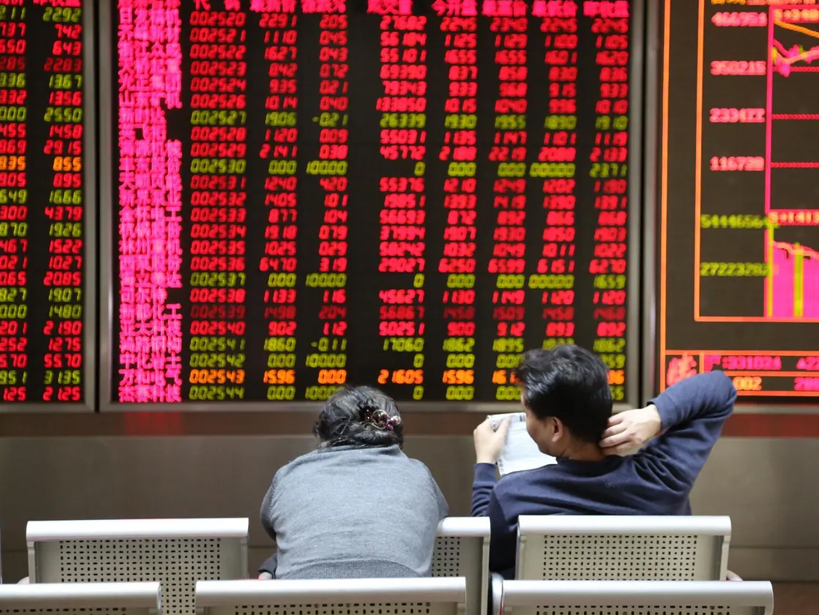China’s stock market has experienced a significant rally as renewed optimism about pro-growth policies takes hold. Investors are responding positively to signals from the country’s leadership, including President Xi Jinping and the People’s Bank of China (PBOC), indicating further economic support and policy easing to revive growth in the world’s second-largest economy.
The PBOC has pledged to continue accommodative monetary policies to bolster economic recovery. This includes interest rate cuts and measures aimed at increasing liquidity in the financial system. Market participants are particularly hopeful that these efforts will address ongoing challenges such as sluggish consumer demand and weaker-than-expected manufacturing growth.
President Xi Jinping has made it clear that supporting the domestic economy is a top priority. His administration has hinted at reforms and incentives that aim to spur growth, attract foreign investment, and stabilize the housing market. Xi’s reaffirmation of the government’s commitment to “common prosperity” while ensuring the private sector’s vitality has alleviated some concerns about regulatory crackdowns that had previously shaken investor confidence.
The government has introduced measures to stabilize the real estate sector, a crucial part of China’s economy. Policymakers have eased property restrictions and offered financial assistance to distressed developers, leading to a rebound in property-related stocks. Additionally, tech firms, previously hurt by regulatory tightening, are witnessing renewed investor interest as the government shifts its focus towards fostering innovation and digital infrastructure.
The rally has been widespread, with key indices such as the Shanghai Composite and Shenzhen CSI 300 posting strong gains. Technology, financials, and consumer discretionary sectors have been at the forefront of this upward movement. Shares in major Chinese tech firms, including Alibaba and Tencent, surged as investors bet on a more supportive regulatory environment.
The Hang Seng Index in Hong Kong also rose sharply, benefiting from positive sentiment surrounding China’s economic recovery and potential new stimulus measures.
Investor sentiment has turned more bullish, buoyed by expectations of a more supportive stance from Beijing. Many analysts believe that the combination of monetary easing by the PBOC and fiscal stimulus could result in a stronger recovery trajectory for China, which has faced headwinds in recent years due to trade tensions, the COVID-19 pandemic, and a cooling property market.
However, some caution remains. There are concerns about long-term structural issues in China’s economy, such as high debt levels and demographic challenges. Additionally, geopolitical tensions, particularly with the U.S., continue to pose risks. Despite these factors, the short-term outlook remains positive as markets react to immediate policy support.
China’s stock market rally, driven by policy optimism from the highest levels of leadership, reflects growing confidence that the country will take the necessary steps to spur growth. Xi Jinping’s economic focus, combined with the PBOC’s commitment to monetary easing, is providing investors with renewed hope for a sustained recovery. As China continues to roll out supportive measures, global markets will be watching closely to see how these policies unfold and impact broader economic dynamics.

